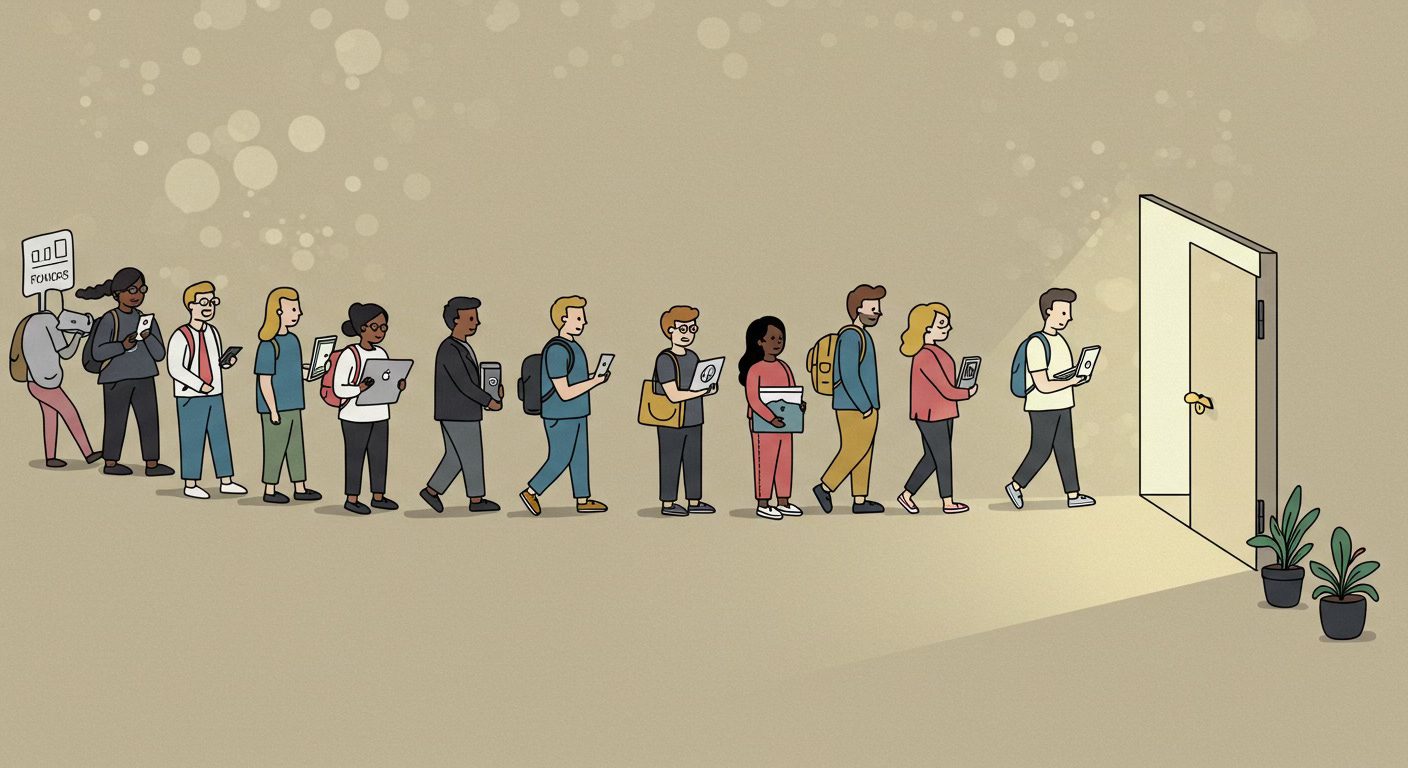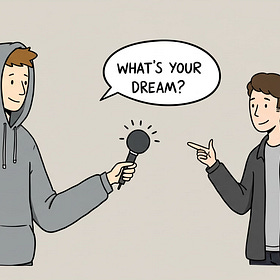Digital monopolies are here to stay. US judges won’t force Google to spin off Chrome or Android, and the $20B a year default deal with Apple can keep flowing.
Google remains a monopoly on paper, but in practice the search ads machine will continue its slide into enshittification. Defaults hold, distribution stays locked, and visibility remains in the grip of gatekeepers like Alphabet and Meta.
What changed the game since the original monopoly ruling was AI. With ChatGPT, Claude, and Perplexity edging into search, the court treated AI as real competition and argued that breakups might do more harm than good. AI saved Google.
Reading How Progress Ends at the same time, Carl Benedikt Frey’s point is spot on. Progress has a way of consolidating power rather than dispersing it. He argues that conformity rises, distribution hardens, and “responsibility” talk often secures the incumbents instead of checking them.
The giants won’t be broken up while the US, China, and Europe fight their wider tech power game. If you’re building, the only option is to find the side doors and push through. Here’s how you can still make it, based on Frey’s framework: 👇🏻
— Millennial Masters is sponsored by Jolt ⚡️ Reliable hosting for modern builders
The art of the back entrance

1️⃣ Own the entry point
You don’t beat Google by trying to displace the homepage. The real opportunity is in the moments before search. That’s how TikTok built a discovery engine that stopped users from ever typing queries, and how PayPal piggybacked on eBay’s marketplace.
Spotify leaned on Apple’s ecosystem early on, using iTunes integration and iPod syncing to win users before Apple launched Apple Music. Dropbox grew by plugging seamlessly into desktop file explorers (Finder, Windows Explorer) instead of asking people to learn a whole new workflow.
Apple’s native share sheet does the same thing, locking in behaviour at the start of a workflow. If you can intercept intent before it hits the open market, you change the game.
2️⃣ Strip friction to nothing
Incumbents pile on layers of compliance, ads, and “responsibility” features. Side-door entrants cut straight to the outcome.
Stripe didn’t ask for contracts or call-backs; it made payments a single line of code. Perplexity wins attention because it drops the ads, the scroll, and the detours, with one question in, one answer out.
Progress at the edges comes from making the obvious feel instant.
3️⃣ Move faster than the rulebook
Rules are written to contain giants, not enable challengers. That leaves gaps where new entrants can slip through.
Crypto exchanges thrived outside banking frameworks for years, and Figma quietly reshaped design by living in the browser long before Adobe took the threat seriously.
The law will eventually catch up, but by then you’ve already shifted the terrain.
4️⃣ Build habits that override defaults
The $20 billion Apple-Google deal shows how sticky defaults really are.
You don’t win those contracts. You win when people go out of their way to reach for you, even against the nudge.
Notion embedded itself through community templates, while Calendly spread by viral meeting links that bypassed IT systems entirely.
If you become part of how work gets done, the default stops mattering.
5️⃣ Ship like no one will make room for you
Neither regulators nor incumbents will ever clear the path. You have to design as if no permission will come.
WhatsApp grew by dodging carrier fees, Slack by slipping in as “just chat.” Both spread because users cared more about solving problems than following the old rules.
If your product delivers that kind of value, people will bend the system to get it.
Progress always narrows
AI looks wide open now, but railways, telegraphs, and the internet all began that way too, until governments stepped in and concessions consolidated into a few giants.
Carl Benedikt Frey’s warning in How Progress Ends (get his new book here) is that progress rarely dies in a bang. It slows in the routines of regulation, in moats dug under the banner of responsibility, in defaults that quietly entrench the biggest players.
AI is just the latest frontier being fenced off. The question for founders is not whether this cycle repeats, but how you move before the fences close.
More Booksmart from Millennial Masters:
Enshittification 💩 Why the internet stinks now
From platform to parasite: How big tech turned against its users







Thanks Daniel. Really interesting post. The point about not waiting for things to catch up is vital, as if you are at the forefront you can shift the direction yourself (and in your favour). 🙏
Progress often happens quietly, without heavy rules guiding it.
Innovation blossoms in places where monopolies don’t hover, like creating habits so natural that users happily go beyond the usual barriers.